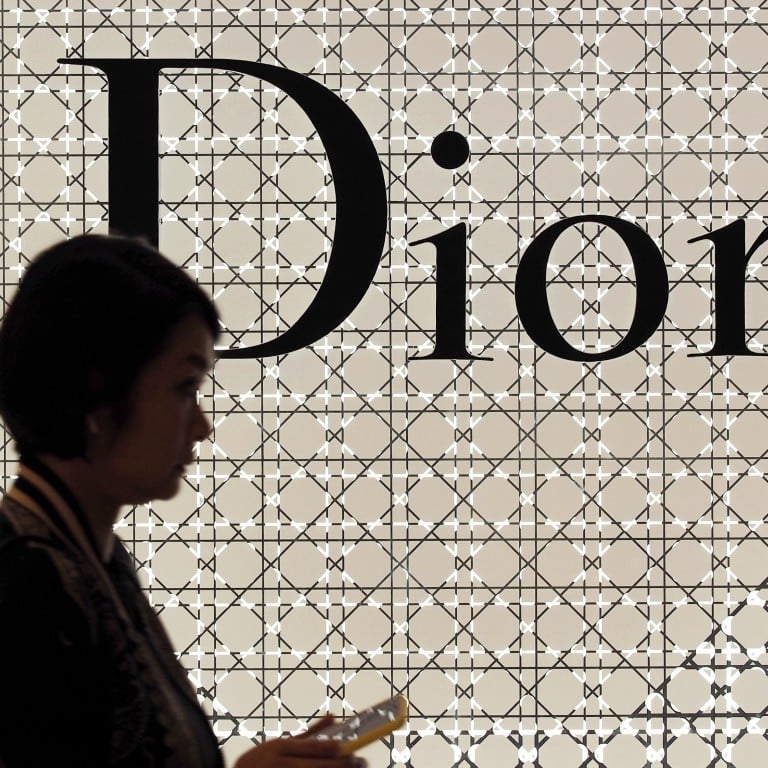Opinion / Gucci and Louis Vuitton reach Gen Z through influencers and K-pop idols: young consumers aren’t the end of luxury ... if brands disrupt, experiment and create exciting content

- How can the likes of Hermès and Chanel catch the eye of the most digitally savvy generation yet, who have grown up with social media and touch screen devices?
- In China, more than 25 per cent of customers are Gen Zers for certain brands, and by 2030 they will be the largest customer group for luxury in most markets
This article is part of Style’s Inside Luxury Column
There is no consumer group that creates so many misconceptions as Gen Z, those customers that are currently under 25 years old.
A common idea is that members of Generation Z have no brand loyalty. Some experts apparently think they are difficult to address because they just shop around and look for deals; brands don’t matter to them. In a recent discussion among experts, one commentator even stated that, according to her findings, the new generation will not buy luxury anymore, full stop.

To tackle these questions, let’s take a closer look at some of the traits of Gen Zers. They are the first generation to grow up with social media from when they were able to read and write. While previous generations had access to computers from a young age, Gen Zers grew up with mobile touch screen devices and high-speed internet; they were always connected. Currently, they spend seven or eight hours a day online according to research by the US Centers for Disease Control and Prevention. This makes them the first generation to spend more of their free time in front of screens than in non-digital interactions.
This has a profound effect on how they approach the world. It shapes their brand experiences too. They process information much faster, which leads to a faster reaction time to interesting or boring content. In short, they have shorter attention spans. Where previous generations are more patient with content that is not immediately intriguing, Gen Zers have zero hesitation to quickly move on. While for previous generations, real-time content was somewhat limited, Gen Zers have a wide choice – and they choose wisely. If something is interesting, they consume it. If not, they move on.
To assume that this means brands don’t matter to Gen Zers is completely wrong. Rather, brands matter – if their content is interesting. And what also matters is that the time Gen Zers spend away from their digital devices should really count. They expect superior experiences. This means for brands in general that the stakes are much higher. And for luxury brands, the stakes rise exponentially.